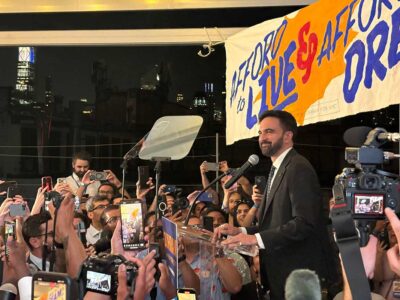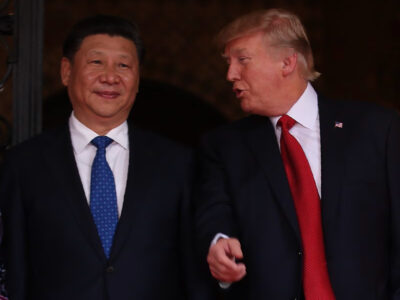Accusations of an Iranian plot to assassinate Saudi Arabia’s
envoy to the US are part of an agenda to isolate Iran and increase sanctions against
it, Middle East analysts said.
Evidence given by the US to show the Persian state’s security
forces backed an astonishing bomb plot to kill Adel Jubeir was “pretty flimsy”,
said Dubai-based Theodore Karasik.
“I don’t think [Iran] would be stupid enough to launch an
assassination attempt on a Saudi ambassador in the United States. That is just
plain stupid and not what Iran does best,” Karasik, director of research at
Dubai’s Institute for Near East and Gulf Military Analysis, told Arabian
Business.
“To me, it is pretty flimsy evidence that this is as real
threat as it has been painted.”
The Obama administration on Wednesday gave United Nations
diplomats detailed intelligence to support charges that Iran plotted to
assassinate Saudi Arabia’s ambassador to the US.
Susan Rice, the US envoy to the UN, offered evidence that Washington
claims shows Manssor Arbabsiar, a 56-year-old Iranian citizen with a US
passport, and Gholam Shakuri, a member of the Quds Force Iranian military unit,
had conspired to use plastic explosives to murder Jubeir.
The alleged plot was thwarted when Arbabsiar made contact with
an informant of the US Drug Enforcement Administration posing as an associate of
the Zetas, a violent Mexican drug cartel.
Arbabsiar wired them $100,000 as a downpayment, to be
followed by installments of $10,000, prosecutors said. The DEA informant said
it would cost $1.5m to carry out the assassination.
US officials said the plan – described as “straight out of
Hollywood” – was likely vetted at high levels in Iran but said it was possible President
Ahmadinejad did not have knowledge of the plot.
Robert Danin of the Council on Foreign Relations and a
former aide to Mideast Quartet envoy Tony Blair said it was difficult to accept
Iran would have approved such an outlandish scheme.
“I find it hard to believe that senior officials in Iran
approved this,” he told Bloomberg News. “However, if they did, then it suggests
a degree of recklessness that is extremely worrisome, and not befitting a
wannabe nuclear power.”
Article continues on next page…
Tehran has angrily rejected the charges and described the
evidence provided by the US as “amateurish”. Iran’s ambassador to the
UN, Mohammad Khazaee, said the accusations were “a really big lie” and said the
plot “doesn’t make sense.”
The Gulf states, however, were quick to condemn the alleged
bombing plot. The secretary general of the Gulf Cooperation Council (GCC),
Abdulattif al-Zayani, described it as a “flagrant violation” of all
laws and international agreements.
Zayani said the alleged plot was “seriously harmful for
relationships between Council nations on the one hand and Iran on the
other.”
“The burden of proof is overwhelming… and clearly
shows official Iranian responsibility for this. Somebody in Iran will have to
pay the price,” senior Saudi prince Turki al-Faisal, a former ambassador
to Washington, said in London on Wednesday.
Iran and Saudi Arabia are bitter regional and to some extent
sectarian rivals, but they maintain diplomatic ties and even signed a security
agreement in 2001. Iranian President Mahmoud Ahmadinejad visited Riyadh in
2007.
But tensions between Saudi and Iran have escalated over the
upheaval sweeping the Arab world, with both countries suspecting each other of
inciting unrest against them or their allies.
Karasik said the US may leverage the allegations to press for
further sanctions against Iran, which it suspects of attempting to build a bomb
through its nuclear programme.
“This could be an opportune time for the US to win
propaganda points and also to launch an information operation against the
Iranian regime and to isolate it even further,” said Karasik,
“America’s agenda in this regard is to paint Iran into a
corner and to rack up pressure on them, and perhaps to get other countries to
follow through on the sanctions.”
Ghanem Nuseibeh, a partner at consultancy firm Cornerstone
Global Associates, said the dispute hinged on how much evidence the US was
prepared to air publicly.
“The question is what sort of evidence the Americans have
and what sort of evidence they are willing to share with the Saudis and how far
the Saudis are prepared to go,” he said.
“If [the US] has very
strong evidence and if they can convince the Arab world, and Saudi more
specifically, it would definitely lead to more sanctions… Saudi, Jordan and the
UAE are clearly uncomfortable in the way the Iranian regime has been conducting
itself, Bahrain too.”








